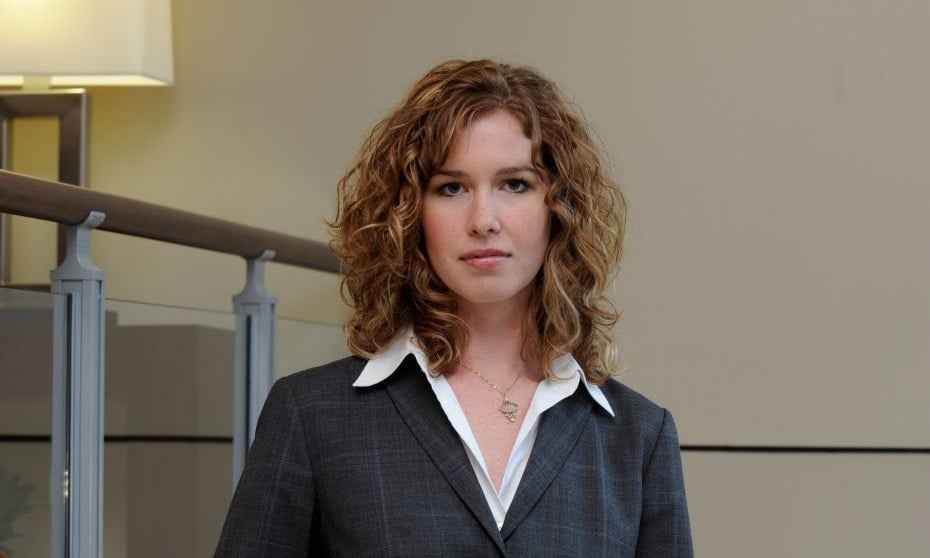
Can’t bring third-party proceedings against client’s lawyers over destruction of evidence

The Court of Appeal for Ontario says an insurance company cannot bring third-party proceedings against a client’s lawyers over the destruction of evidence, affirming a lower court’s ruling.
The June 17 decision, Hengeveld v. The Personal Insurance Company, 2019 ONCA 497, focused when negligence of a plaintiff’s lawyer is the plaintiff’s responsibility, wrote Justice Benjamin Zarnett, with Justices Alexandra Hoy and Peter Lauwers concurring.
Citing a decision in Adams v. Thompson, Berwick, Pratt & Partners, Zarnett wrote that there are two situations in which a lawyer’s negligence will be attributed to the plaintiff.
“One is where the alleged negligence is committed by the lawyer as agent for the plaintiff,” wrote Zarnett. “In my view, the agency situation described in Adams is also present in this case.”
The dispute in the case was who was responsible for preserving a car that was meant to be used as evidence by a car crash victim in a personal injury case. The insurance company that disposed of the car said the victim’s lawyers didn’t do enough to make sure the car was preserved.
Jennifer Butkus is an associate at Harrison Pensa LLP in London, Ont., and helped defend the accused lawyers in the case.
“It was a very helpful and thorough decision that provides a lot of details on when a third-party claim against a lawyer can be successful,” she says.
The case focused on plaintiffs, Ryan Hengeveld and his family; the defendant, The Personal Insurance Company; and the third-party respondents, lawyers James Dallyn Virtue and Rasha Mohamed Said El-Tawil.
Hengeveld was driving a car insured by Personal Insurance and was injured in an accident. He retained Virtue and El-Tawil to seek damages in a personal injury lawsuit against the other driver, road safety personnel, the car manufacturer, and the dealership where the car was purchased. The Hengevelds wanted to preserve the car, “knowing it would be important to the resolution of liability issues in the personal injury action.”
The Hengevelds said they made an agreement with Personal Insurance to store the car, but Personal Insurance destroyed it. However, the insurance company said Hengevelds didn’t confirm whether the car was being preserved, and didn’t make a valid contract or leave enough time to send an expert to inspect the car.
The insurance companies also made a third-party claim against Virtue and El-Tawil.
“The particulars of the lawyers’ alleged negligence include failing to take adequate steps to ensure preservation of the Hyundai; failing to cause it to be inspected by an engineer or other expert in a timely way; and failing to communicate adequately with, make proper inquiries of, or establish a proper contract with Personal Insurance about the preservation of the Hyundai,” the appeal decision said.
The case turned on whether the lawyers’ alleged negligence was attributable to the Hengevelds as plaintiffs, wrote Zarnett.
“There is no pleaded negligence arising from acts outside of the lawyers’ retainer,” Zarnett wrote.
A spokeswoman from Desjardins, whose lawyers represented The Personal Insurance Company, declined to comment.
Butkus, one of the lawyers who represented Virtue and El-Tawil, says the court’s decision emphasizes that “a defendant may not double dip.”
“In a situation like this where the defendants alleged it was the responsibility of the plaintiff to, among other things, preserve their vehicle, they couldn’t successfully make the same argument against the third-party lawyers — because the way they framed their argument, the circumstances of negligence were parallel,” she says.